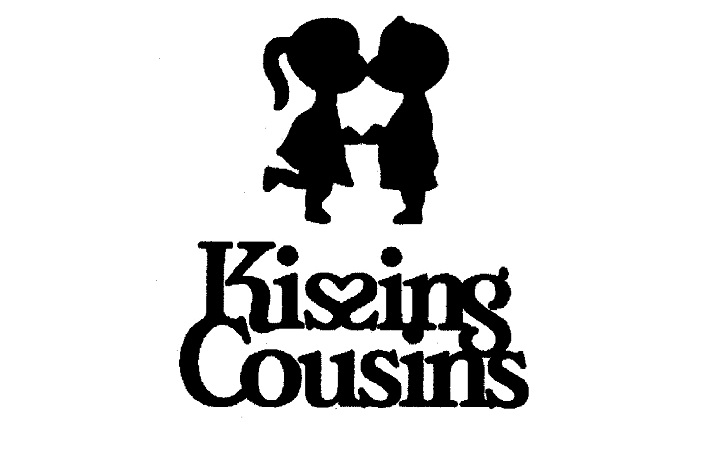Did you know Kentucky state law bans marriage between first cousins?
But you will find no such prohibition right across the border in Virginia.
So, here are a couple of questions.
Doesn’t Kentucky’s law against first cousins getting married discriminate?
And doesn’t it violate the 14th Amendment’s equal protection clause (As interpreted by the Supreme Court)?
In fact, if you look at marriage laws across the country, you will find quite a diversity. About one-fifth of the state allow first cousins to marry. A few only allow first cousins to marry if one was adopted. Some states allow half- cousins to tie the knot. Many, like Kentucky, ban marriage of first cousins outright.
Clearly we have cousin marriage chaos! How has America survived all this time with such a diversity of laws on cousin marriage?
Shouldn’t the federal government step in and mandate Kentucky and other states to allow first cousins to marry, and create a uniform policy across the United Sates?
Of course, some will argue that first cousin marriage crosses the line into incest, and economic and biological factors justify a legal ban on such relationships. But the people of nearly a dozen states apparently disagree. It seems they believe the freedom of individuals to choose whom they marry trumps the economic and biological concerns. Those states sanction first cousin marriages.
So, which side is right?
It really all comes down to a matter of opinion, doesn’t it? As Ben Lewis put it, “There’s no non-arbitrary way to decide what should be a national ‘right’ under the current state of constitutional law. Everything just devolves into a mess of utilitarian rationales.”
And that brings me to my point – why do we need to have a uniform policy enforced by a small group of people in Washington D.C.? Why can’t Kentucky bar first cousins from marrying and Virginia welcome those marriages with open arms? Why must we have homogeneous policy imposed on 350 million people?
Short of eliminating the state altogether, or at least removing it from the marriage business, maintaining a decentralized system provides the best way to allow people to live together in some semblance of harmony. Otherwise we’re left with a central authority arbitrarily enforcing the utilitarian rationale advanced and supported by the most powerful lobby.
Decentralization doesn’t provide the perfect solution. But it sure beats centralized monopoly.




